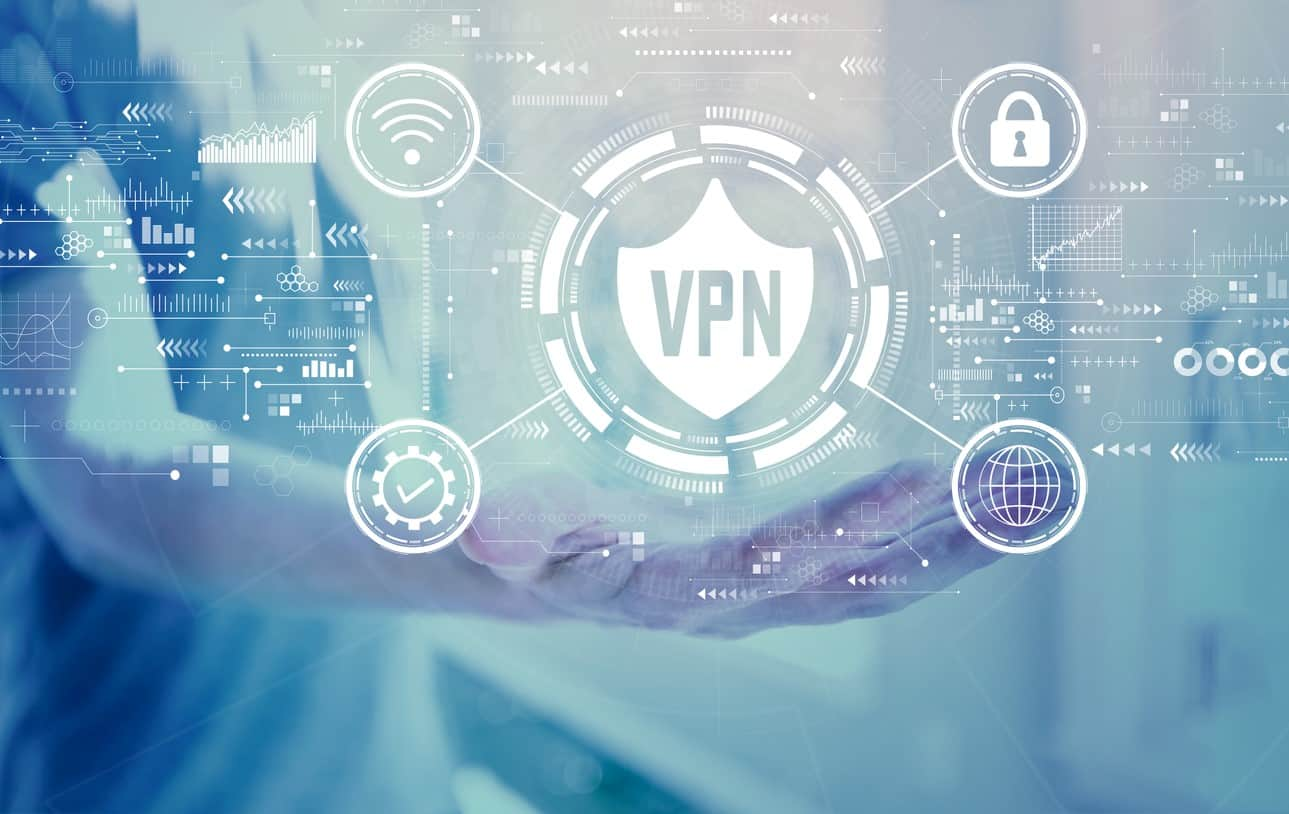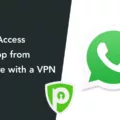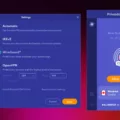A Virtual Private Network (VPN) is a powerful security tool that can help protect you and your data from hackers, cybercriminals, and other malicious actors. With a VPN, your internet connection is routed through an encrypted tunnel, meaning any data you send or receive is secure and private. It also masks your IP address, helping to keep your online activities anonymous.
But does a VPN protect you from hackers? The short answer is yes – but only if you use the right one. Not all VPNs are created equal, so it’s important to do your research before selecting a provider. Look for options with strong encryption protocols and robust server networks in multiple countries for maximum security.
Once you have selected the right VPN for your needs, make sure you connect every time you access the internet or use public Wi-Fi networks. This will help ensure that all of your data remains encrypted and secure while online. Additionally, be sure to always keep your antivirus software up-to-date as this will provide an extra layer of protection against malware and other malicious attacks.
To sum up, while VPNs are essential in protecting yourself from hackers and cybercriminals, they are not foolproof solutions on their own. It’s important to remember to take additional measures such as using strong passwords and keeping anti-virus software updated whenever possible in order to really stay safe online.

Can I Be Hacked Through a VPN?
Yes, it is possible to be hacked through a VPN. A hacker can use leaked credentials, spyware, or ransomware to gain access to your devices and data via your VPN connection. They can also eavesdrop on your connection and view sensitive information such as passwords, financial details, and other personal information. It is important to ensure that your VPN is secure by using strong encryption methods and two-factor authentication when available. Additionally, it is good practice to regularly update the software on all of your devices and ensure that you are running the latest security patches for both your device’s operating system and any software applications you are using.
What Does VPN Not Protect Against?
A VPN is a useful tool for staying safe and secure while browsing the web, but it doesn’t provide immunity from all online threats. While a VPN can help keep your data private and secure by encrypting your connection and hiding your IP address, it cannot protect you from things like malware, ransomware, phishing attacks, or computer viruses. To be fully protected against these threats, you will need to use antivirus software in addition to a VPN. Antivirus software can detect malicious programs on your computer and remove them before they can cause any damage.
Are VPNs the Best Way to Ensure Full Protection?
No, a VPN alone is not enough to keep you fully protected. A VPN will protect your IP address and encrypt your internet history, but this is the extent of its security features. You also need to take steps such as avoiding phishing websites, downloading secure files, and using comprehensive anti-virus software in order to ensure complete protection.
The Benefits of Using a VPN
A VPN connection protects your data traffic online from external access, by encrypting it with an encryption key. This means that hackers, cybercriminals, and other malicious entities cannot decipher the data. Additionally, a VPN also provides anonymity by hiding your IP address from prying eyes. This prevents anyone from tracking your online activities and keeps your browsing history private. Finally, a VPN can also protect you against geo-blocking measures as it allows you to connect to remote servers located in different countries.
Should I Use a VPN on My iPhone?
Yes, you should use a VPN on your iPhone. A virtual private network (VPN) is a great way to protect your online data and add an extra layer of security to your personal information. A VPN encrypts all of your internet traffic and routes it through an intermediate server, which makes it difficult for anyone to intercept or access the data being sent or received. It also hides your IP address, making it harder for hackers to track you online. Additionally, a VPN can help you bypass geo-restrictions, allowing you to access websites and services that are blocked or limited in certain countries.
The Disadvantages of Using VPN All The Time
While VPNs are an invaluable tool to protect your online privacy and security, they shouldn’t be used all the time. This is because VPNs can slow down your internet connection, due to the distance between the remote server and your device. Additionally, using a VPN can lead to compatibility issues with certain websites and services, such as streaming services or banking sites. Finally, running a VPN requires more computing power than a regular internet connection, which can drain battery life faster on mobile devices. Therefore, it’s important to only use a VPN when you need additional security or privacy protection.
When Not to Use a VPN
Generally speaking, you should not use a VPN if you are located in a country where its usage is illegal, or if you have any doubts about the integrity of the VPN provider and the security of your data. Additionally, using a VPN could create performance issues with your network connection and may be difficult to set up for business users. Furthermore, depending on the provider, there may be costs associated with using their services. Lastly, it’s important to be aware that some VPN services may track your activity and use your information for their own purposes. Therefore it is essential to make sure that you choose a reputable provider that values user privacy before using a VPN.
Reasons for Turning Off VPN
You might turn off your VPN for a few reasons. If you’re connected to a public Wi-Fi and don’t need the extra security that a VPN provides, then it makes sense to turn it off. Additionally, if you’re streaming video or downloading large files, turning off your VPN may help improve connection speeds. However, if privacy and anonymity are important to you, then you should leave your VPN on all the time.
The Benefits of Using a VPN at Home
Whether or not you should use a VPN at home depends on your individual needs. A VPN can provide an added layer of security and privacy to your online activities, as it encrypts all of the data that is sent through the network and masks your IP address. This is especially important if you are using public Wi-Fi networks or are located in an area with a restrictive internet policy. On the other hand, a VPN can also slow down your connection speed, so if you don’t require extra security, you may be better off without one. Ultimately, it’s up to you to decide which option provides the best balance between security and convenience.
Does a VPN Protect Your Bank Account?
Yes, a VPN can protect your bank account by encrypting your data and keeping your information secure. When you access online banking through a VPN, all of your internet traffic is routed through an encrypted tunnel, making it virtually impossible for outsiders to intercept or read it. This means that even if someone was able to gain access to your network, they would not be able to see any of the details associated with your bank account. Additionally, many VPNs provide additional features such as malware protection and DNS leak protection which can further protect you from potential cyber threats.
The Extent of Protection Provided by a VPN
A VPN can provide a significant amount of protection when you’re browsing the web. It encrypts your data so that outside observers are unable to easily track your online activity and can protect you from malware, phishing scams, and other malicious attacks. However, it is important to remember that a VPN alone cannot protect you from all threats on the web; it is only one layer of security. Additionally, some countries or governments may be able to bypass certain VPN protocols, meaning even with a VPN your data could still be at risk in those locations.
Conclusion
In conclusion, a VPN is an essential tool for keeping your online data secure and private. It provides a secure and encrypted connection by using encryption keys to protect your data from being accessed by any malicious third parties. It also provides anonymity and privacy, which can keep you safe from hackers, cybercriminals, and identity thieves. Finally, it can be used to access geo-restricted content and bypass censorship. A VPN is a perfect way to keep yourself safe in an increasingly digital world.








